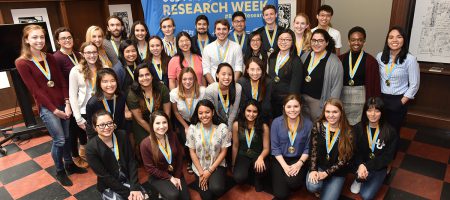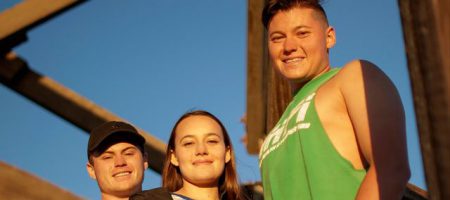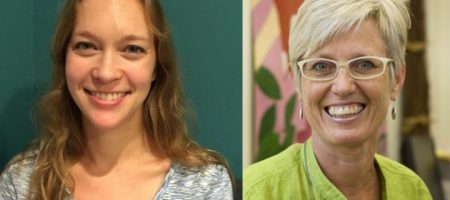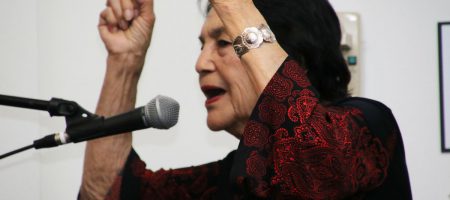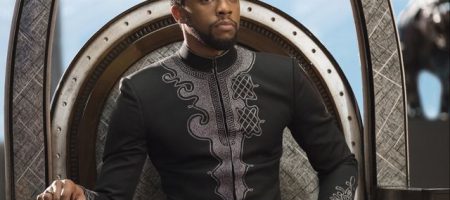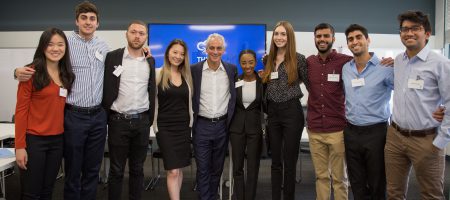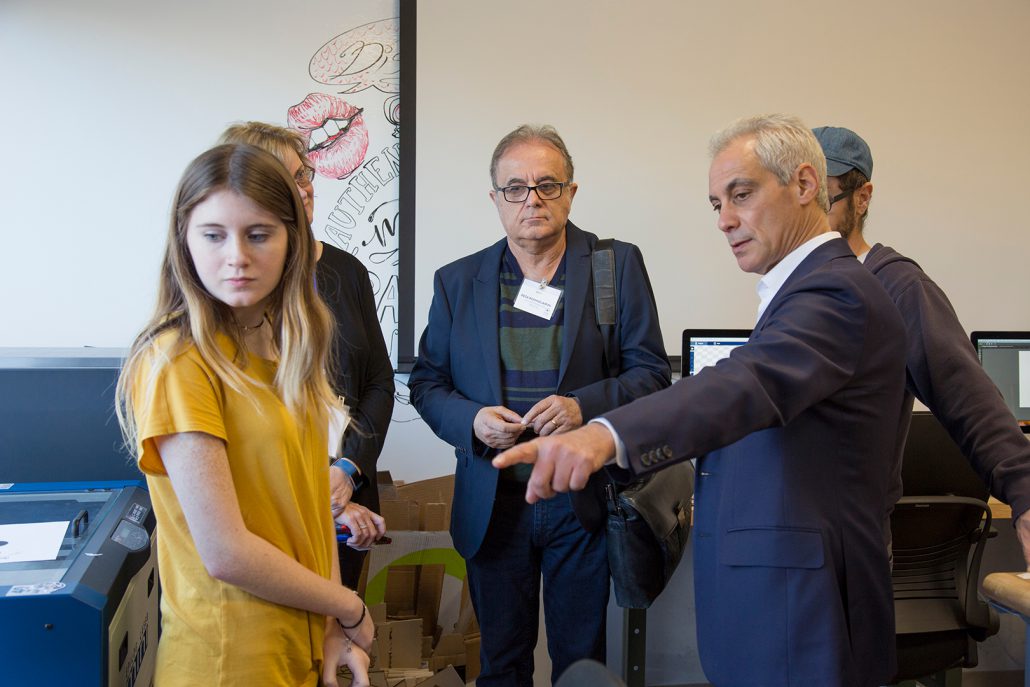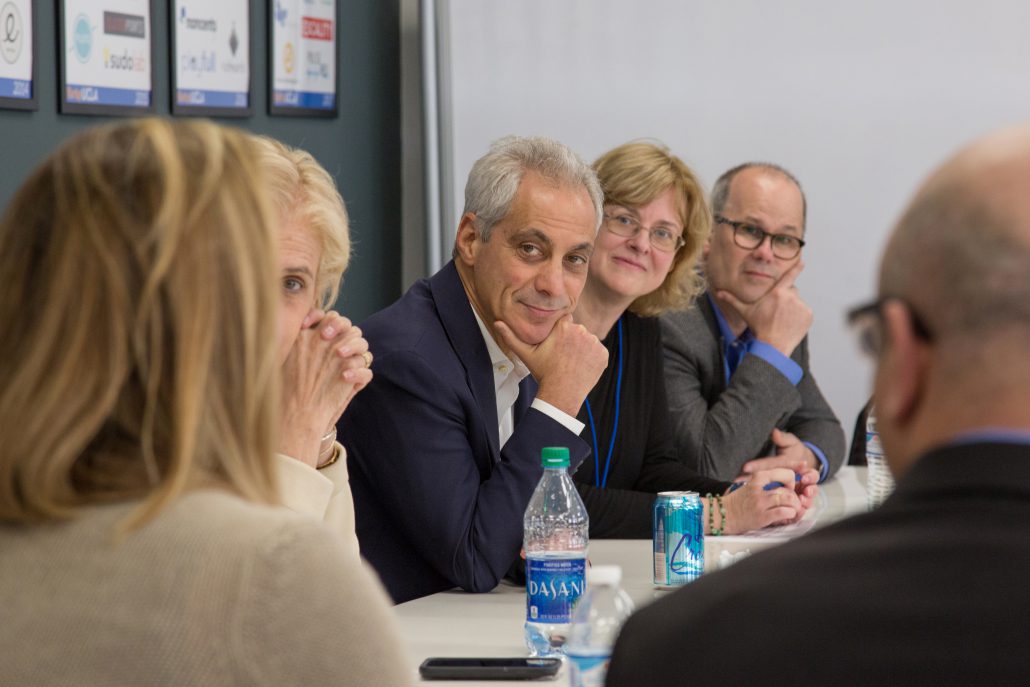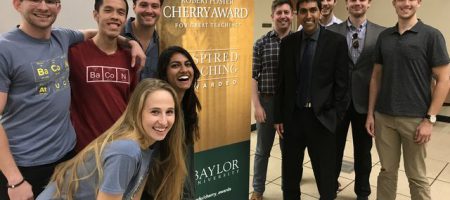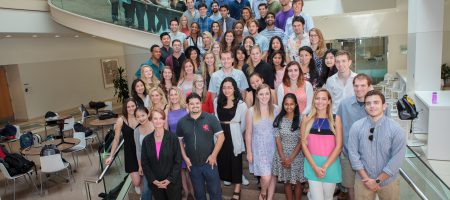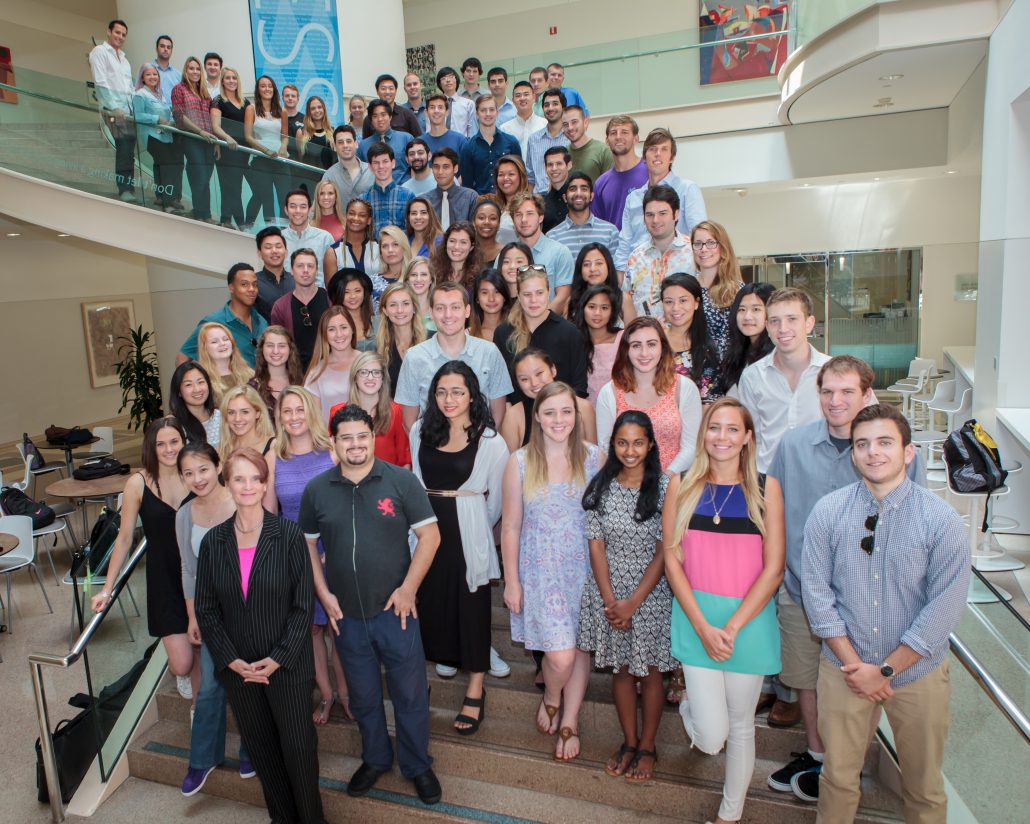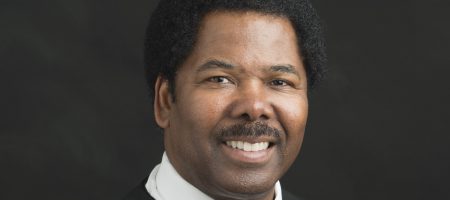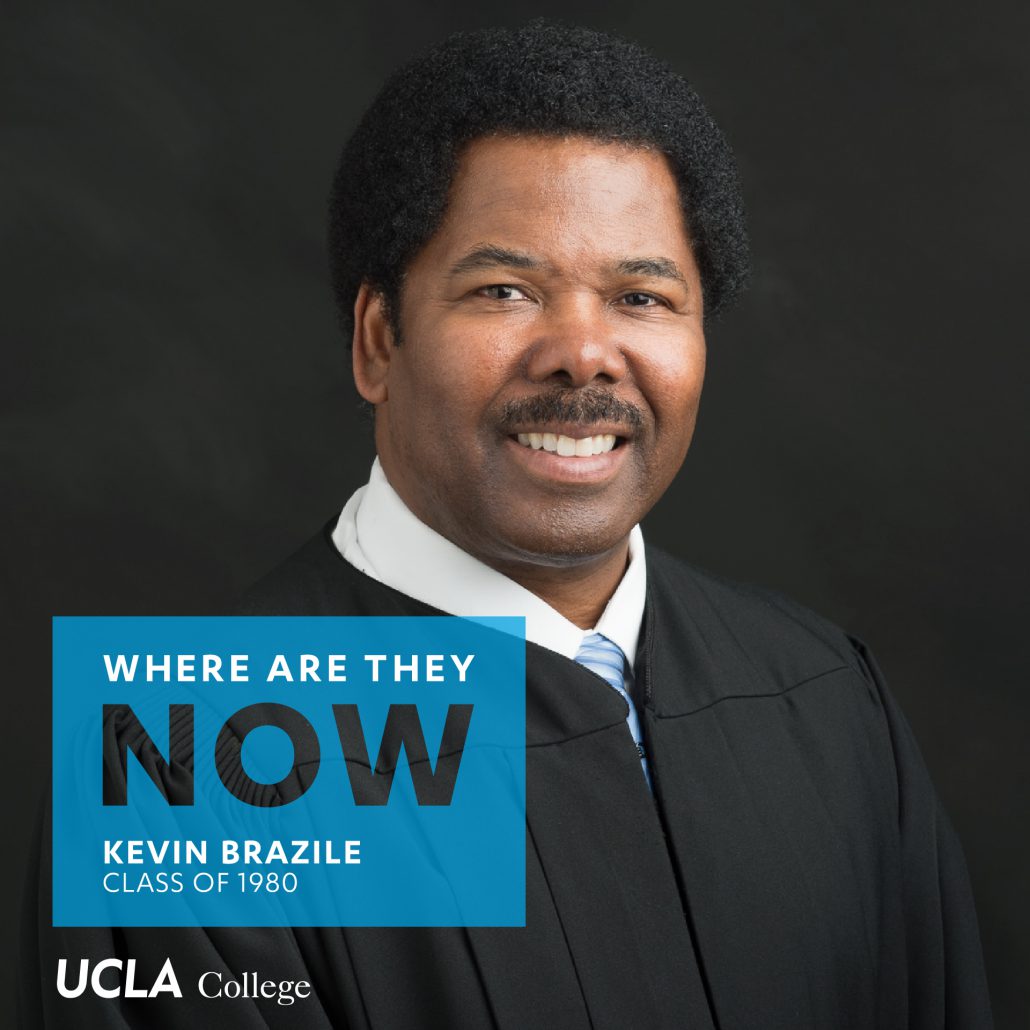First-of-its kind crowdfunding campaign raises over $69,000 for undergraduate research
A first-of-its-kind crowdfunding campaign raised more than $69,000 for the UCLA Undergraduate Research Centers in the span of two weeks, providing critical funding for students to pursue mentorship and research opportunities throughout campus.
Tama Hasson, Assistant Vice Provost for Undergraduate Research, sees first-hand how these resources can transform a student’s career path.
“When you are in a certain major, and you’re exploring a career, undergraduate research is a way to explore your interests in that career,” she said. “Research is useful for any career. Every discipline is going to ask you to take information and synthesize it.”
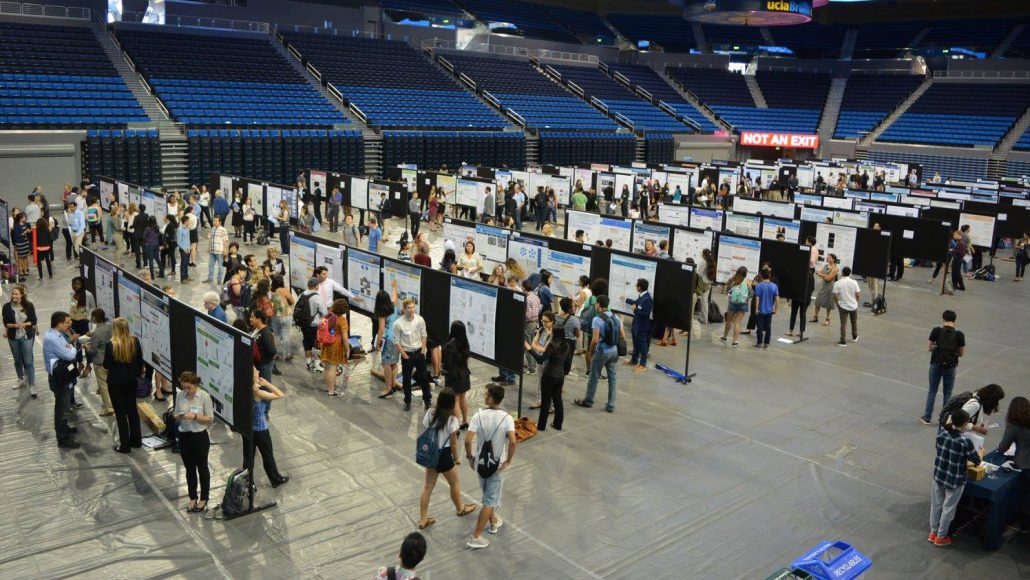
Undergraduate Research Week is an opportunity for students across campus to share their research.
Hosted on the UCLA Spark crowdfunding site, the campaign launched just before Undergraduate Research Week, an annual event that brings student researchers from across campus to present their work. After just two weeks, more than 200 donors had contributed nationwide.
For the students who rely on the research centers to deepen their research portfolio, this funding will have a significant impact on their undergraduate experience.
“If it wouldn’t have been for undergraduate research I have no idea what my UCLA experience would have been like,” said Evelyn Hernandez ‘18, who will be pursuing her Ph.D. in the fall. “I’m just glad I got to focus on something – with the money that I got from C.A.R.E., and the fellowships – that I got to focus my extra time solely on research.”
Generations of students and faculty have relied on the Undergraduate Research Centers as catalysts for academic and professional growth. UCLA is the only university in the country to have two research centers, one focused on the sciences and another focused on the humanities, arts and social sciences. Together, the centers connect students with mentorships and opportunities to conduct research with top UCLA faculty, providing hands-on experiences that shape their careers.
The campaign also accomplished something invaluable – visibility. As a result of this dedicated effort, the Undergraduate Research Centers have built a community of supporters who are invested in the success of their students.
That community will prove vital as the centers continue their work providing crucial resources for undergraduate researchers. Whitney Arnold, Director of the Undergraduate Research Center–Humanities, Arts, and Social Sciences, is optimistic about the show of support.
“What I think is the coolest thing is how people at all levels and in all places in their careers contributed to the undergraduate research campaign,” Arnold said. “It just shows you the breadth and the impact of undergraduate research.”


